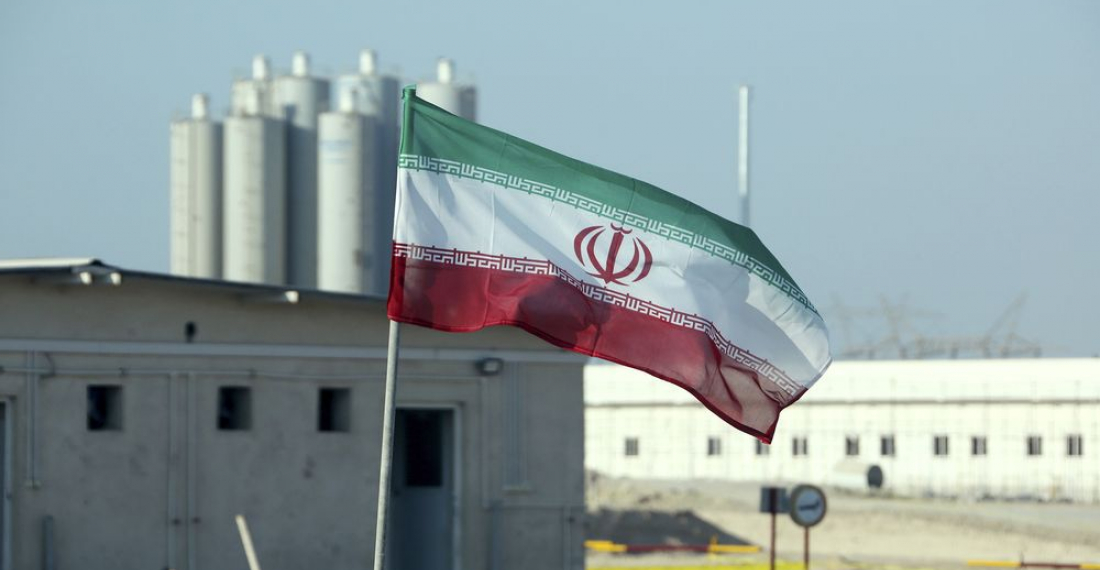Germany, France and the United Kingdom have issued a joint statement with regard to the Joint Comprehensive Plan of Action (JCPoA) and news that Iran has commenced uranium enrichment up to 20% level. The statement, issued simultaneously in Berlin, Paris and London says:
We are deeply concerned by the commencement by Iran on the 4th of January of uranium enrichment up to 20% at the underground facility of the Fordow Fuel Enrichment Plant. This action, which has no credible civil justification and carries very significant proliferation-related risks, is in clear violation of Iran’s commitments under the Joint Comprehensive Plan of Action (JCPoA) and further hollows out the Agreement.
This is a serious negative development which undermines the joint commitment of JCPoA participants on 21 December to preserve the JCPoA. It also risks compromising the important opportunity for a return to diplomacy with the incoming US Administration.
We strongly urge Iran to stop enriching uranium to up to 20% without delay, reverse its enrichment programme to the limits agreed in the JCPoA and to refrain from any further escalatory steps which would further reduce the space for effective diplomacy.
We remain in close contact with the other remaining JCPoA participants to assess how to best address Iran’s non-compliance within the framework of the JCPoA.







